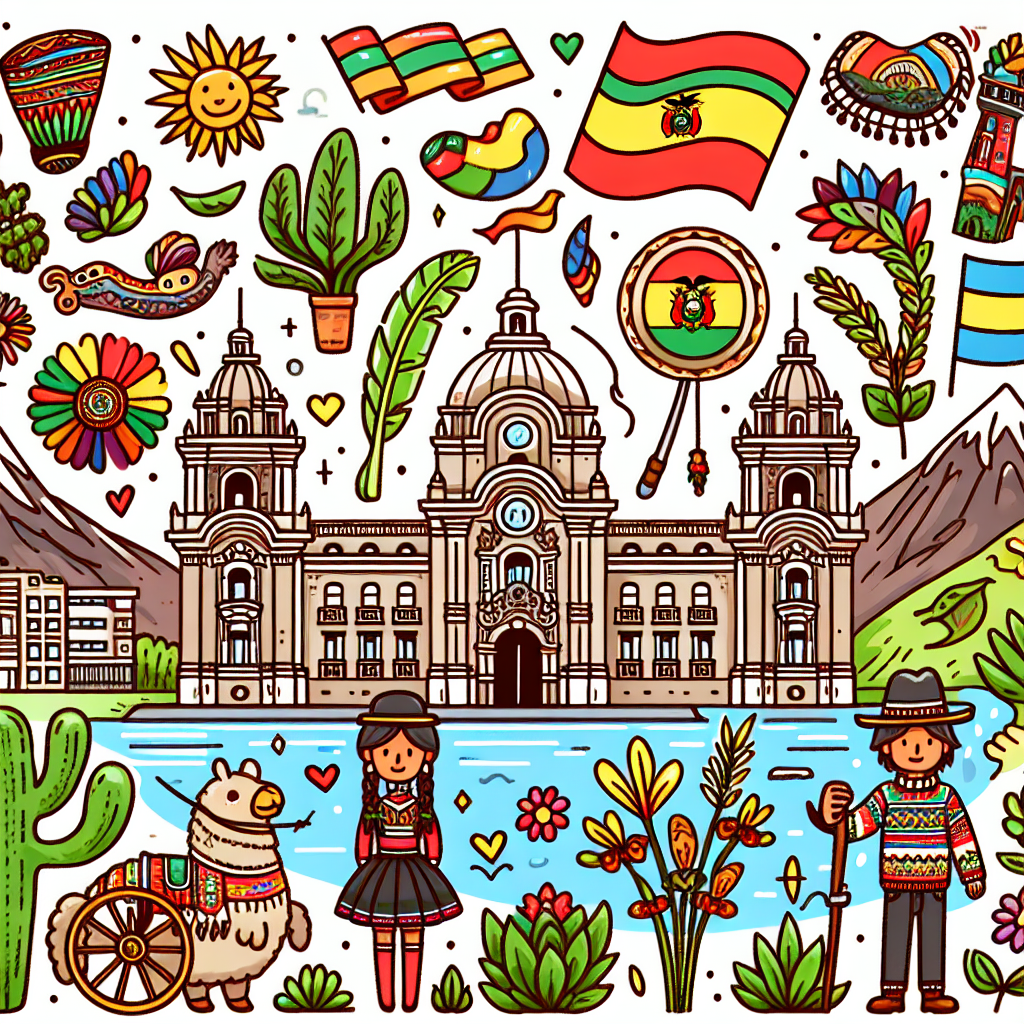Bolivia's Judicial Election: Democracy in Disguise?
In Bolivia, where judicial elections are held by popular vote, candidates are finding creative ways to campaign despite restrictions. Meanwhile, the elections have sparked debates on their impact on democracy, with accusations of political manipulation and influence over the courts, leading to concerns about the legitimacy and effectiveness of the system.

As Bolivia gears up for its judicial elections, candidates have resorted to covert campaigning methods, creatively circumventing a strict ban. This unique setup allows the public to vote for top judicial posts, prompting debates about democracy and judicial independence.
Bolivia remains the only nation conducting these elections by popular vote, though Mexico plans to follow suit after a controversial judicial system reform. Critics argue that Bolivia's system, introduced over a decade ago, gives ruling parties undue influence, undermining democracy.
In anticipation of Sunday's partial elections, where only four out of nine Constitutional Court seats are contested, concerns persist. Both critics and voters worry about the continued political manipulation shaping Bolivia's judiciary and democratic structure.
(With inputs from agencies.)
ALSO READ
Cash Controversy Erupts within Delhi Judiciary
Ailing Judiciary: Sibal Calls for Systemic Overhaul
Clash Over Transgender Troop Ban: Judiciary and Executive Face-Off
South Korean Turmoil: Constitutional Court Reinstates Acting President Amid Political Unrest
South Korea's Constitutional Court Reinstates Han Duck-soo Amidst Political Tumult










